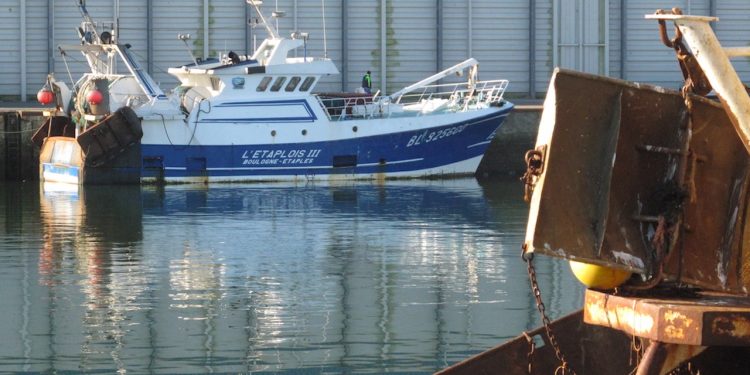The 2020 Annual Economic Report on the EU Fishing Fleet projects that in 2020, the EU fleet remained profitable overall, despite the effects of COVID-19 on the fleet and fish markets. More sustainable fishing and lower fuel costs have helped to mitigate the socio-economic impacts of the pandemic.
‘This report shows that sustainability pays off. Also during times of crisis, our fishing fleets must stay on the path of sustainability. It builds resilience and accelerates economic recovery,’ said European Commissioner for the Environment, Oceans and Fisheries, Virginijus Sinkevičius.
In 2018, the EU fleet registered a net profit of €800 million. This represents significant progress, considering that the EU fleet was barely breaking even in 2008. The continued strong performance was the result of a higher average of fish prices, low fuel prices, and the improved status of some important stocks. This trend continued into 2019.
At the same time, the report shows differences in performance across fleet categories and fishing regions. The large-scale and distant-water fleet segments registered better economic performance than the small-scale coastal fleet segments.
Furthermore, the fleet segments operating in the North Eastern Atlantic, where most fished stocks are managed at sustainable levels, registered higher economic performance than the fleet segments operating in the Mediterranean, where numerous stocks still face overfishing or overexploitation problems.
The 2020 Covid-19 outbreak has interrupted the positive trends seen in recent years. Projections suggests that in 2020 the economic performance of the EU fleets has declined, due to the impact of the Covid-19 pandemic and the resulting decline in demand and disruptions in the supply chain. Projections indicate decreases of 17% in landed value, 19% in employment and 29% in net profits compared to 2019.
Despite the impact of Covid-19, projections show that the EU fleet would end 2020 with a reasonable level of profitability. This indicates a strong resilience of the EU fleet, which is the result of the efforts made by the sector in previous years to achieve the maximum sustainability yield (MSY) objective set by the common fisheries policy (CFP), in conjunction with low fuel prices.
The report shows that the economic performance and salaries of EU fishermen and women are improving where fleets depend on stocks that are targeted sustainably and tend to stagnate where fleets depend on stocks that remain overfished or overexploited.
The Annual Economic Reports on the EU Fishing Fleet provide an overview of the structure and economic performance of the 22 coastal EU Member State fishing fleets. It is the result of combined work by economic experts from the Scientific, Technical and Economic Committee of Fisheries (STECF) and the European Commission.









